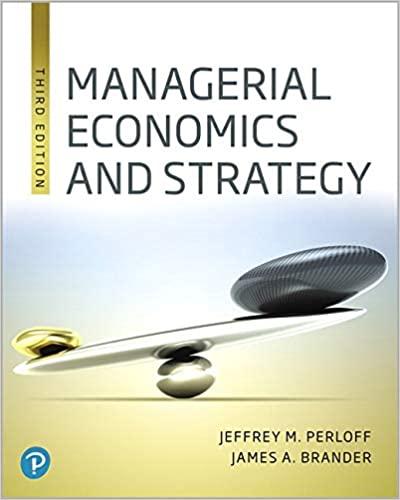

hi how do you answer this question
b. Using Paragraph Two (2) as reference, analyse the impact of TWO linkages related with tourism and immigration to an economy like Australia. (6 marks)Paragraph 2 After the Industrial Revolution, the world became even more interconnected, and some scholars say that globalization really began in this period. In this sense, globalization is about people around the world becoming so connected that local life is shaped by what is happening in other parts of the world. This challenges our definition of community in some ways. Through the Industrial Revolution, local-global connections like this began to be established Transportation and communication advancementsled to an increase in travel and the sharing of ideas (collective learning). Imperialist nations exerted control over other areas of the world. The legacy of this colonization was, of course, negative in many ways when you consider slavery, destruction of traditional cultures, and the depletion of resources. But there were some effects most think of as positive, including the new technologies like railways and telegraph lines that connected more people and ideas around the world. Globalization has touched all aspects of human existence. In the modern era, voluntary migration as well as forced migration have resulted in a diverse human population in many parts of the world. America, which is often called a "melting pot", is a prime example of how the mass movement of people has shaped the modem world. Today's Americans come from all corners of the globe. But equally diverse populations can be found in parts of Mexico, South Africa, Indonesia, and many other places. And as people move, they bring with them their language, culture, food, and customs. These become interwoven within an existing society and create diversity, which should be celebrated. Similarly, the world economy today is so intertwined that if one nation struggles financially, the effects are felt in global markets On an everyday basis globalization is represented by multinational corporations that employ people around the world. These companies often make a single product from resources and labor in many different countries










